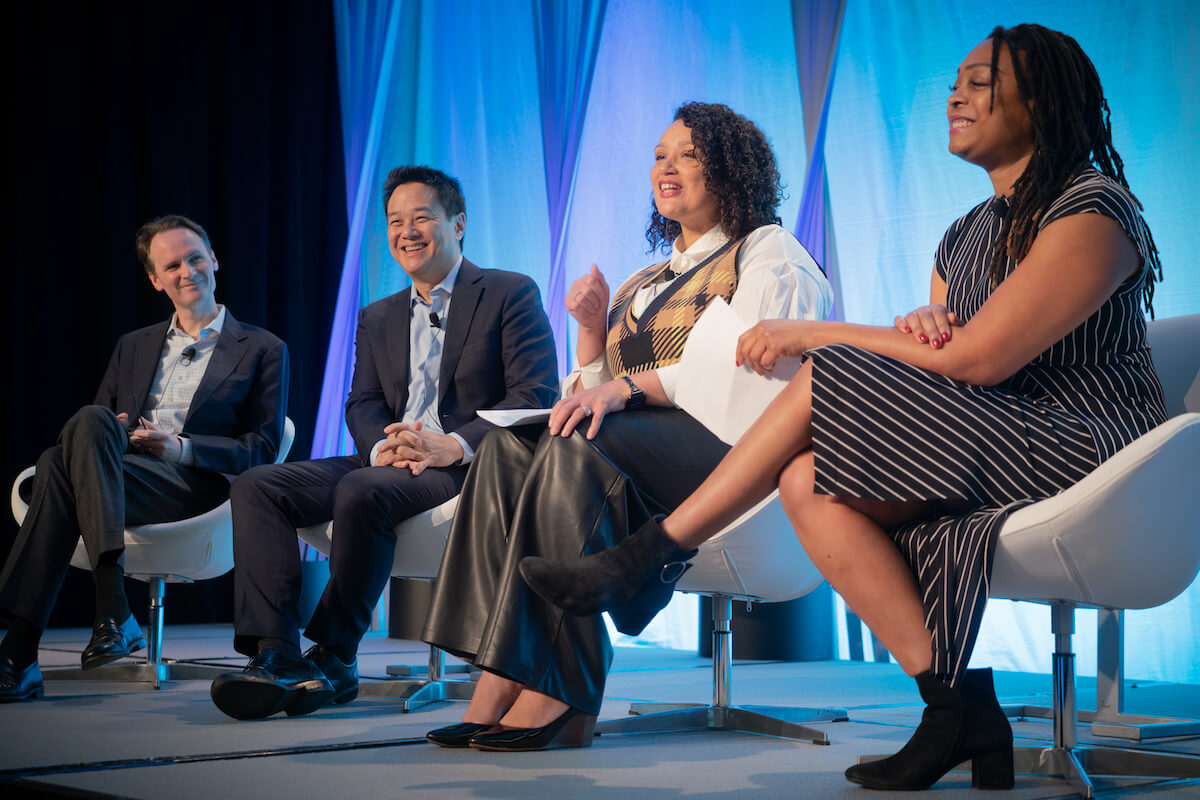The U.S. market for hair, as in hair extensions and wigs, is a $5 billion a year industry. Mayvenn, an e-commerce startup based in Oakland, Calif., aims to put the hair experts — stylists — at the center of it.
The company has closed a $10 million Series A round from an unlikely mix of mainstream, celebrity, and impact investors attracted to the way technology and an improved customer experience can improve incomes, empower small business owners and disrupt a stagnant industry.
Andreessen Horowitz, whose co-founder Marc Andreessen, once famously said he’d run screaming from a social enterprise, led the round. The firm was joined by Trinity Ventures, Troy Carter’s Cross Culture Ventures, and impact funds Core Innovation Capital and Impact America. Music producer Jimmy Iovine and tennis star Serena Williams also took part. Core, based in Los Angeles, specializes in financial services for underserved populations.
Ben Horowitz, Andreessen Horowitz’s other co-founder, described the current sorry state of the hair supply chain in a recent blog post:
Basically, women in India sell their hair to buyers from China, who treat and package it, then sell it to primarily Korean distributors who sell to Korean-owned beauty supply shops in the U.S., who then sell it to primarily African American women.
Most of the shops can’t afford to keep inventory, so customers are left to connect the dots with little information and lots of risk (there’s no refunds for hair). That leads to a terrible customer experience.
Mayvenn empowers the expert in the supply chain, the hair stylist. The e-commerce platform lets hair stylists open individual store fronts, recommend products, and sell to their customers directly , without needing to keep inventory or take risk. Mayvenn handles the sourcing, inventory, and distribution.
More than 26,000 hairstylists have signed up in less than two years. The stylists get 20 percent of the sales; the most successful have already doubled their income, according to Horowitz.
“Mayvenn cannot correct [inequality] entirely, but it does give truly great craftspeople a way to improve their own lives and the lives of their customers,” he writes.











